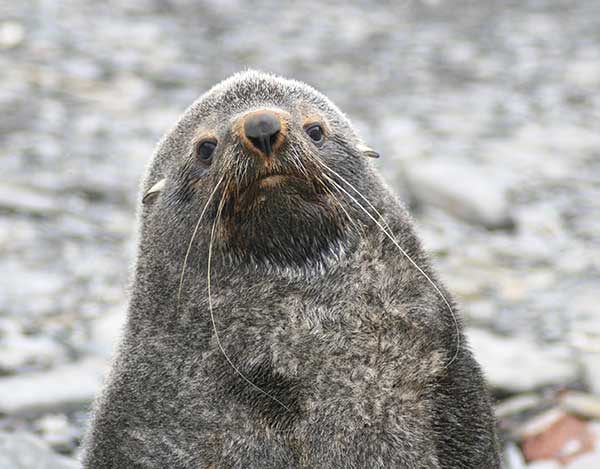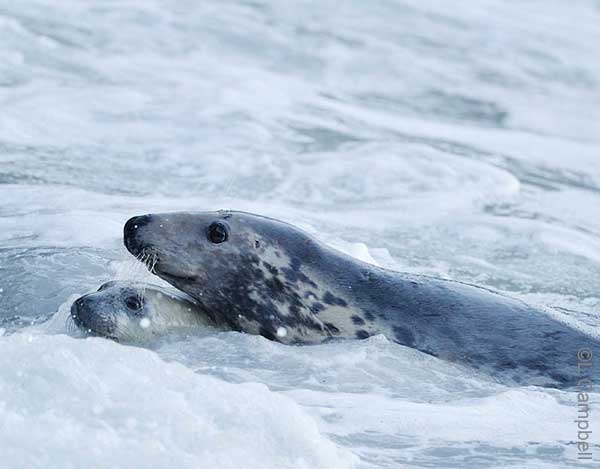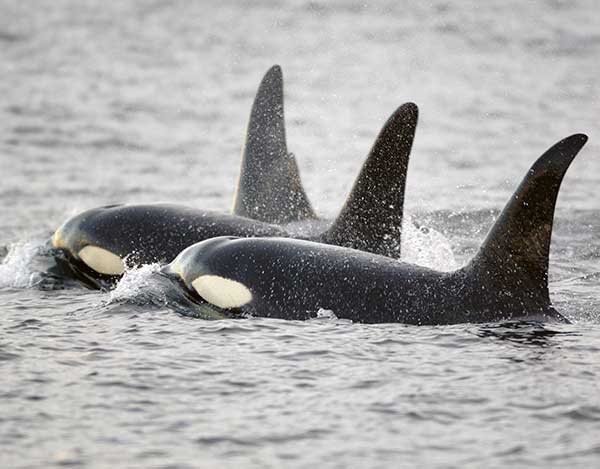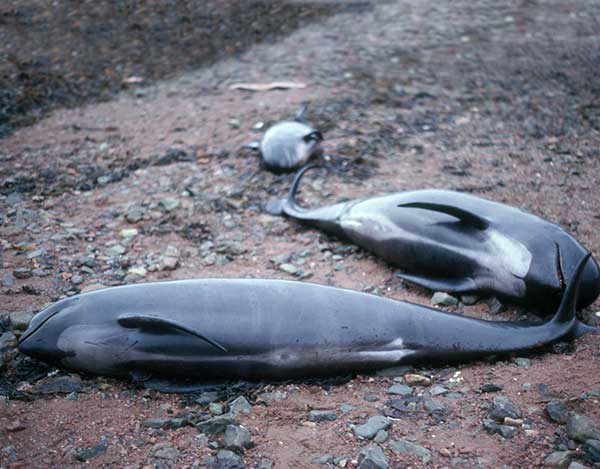Research driven by curiosity
As research scientists we are highly curious about the world around us – how it functions, how things are interconnected and what happens when such connections are damaged or broken. Marine mammals live lives that are largely unseen, as many spend the majority of their time under the surface of the ocean. Many aspects of marine mammal physiology, their social interactions and behaviour and their ability to adapt to changing climatic conditions are still poorly understood. Getting answers to many fundamental biological and ecological questions is critical and will have widespread impacts, with and beyond the field of marine mammal science. For example:
- Where do marine mammals go and how deep do they dive?
- What physiological adaptations do they have that enable them to dive to great depths with such ease?
- How are they fundamentally different from other mammals?
- What do they feed on and what impact do they have on their prey populations?
- Can marine mammal abundance drive changes in marine ecosystem structure?
- How does the changing climate affect marine mammals?
- How do marine mammals communicate?
- How do individual differences in marine mammals affect their survival and reproductive capabilities?
Our fundamental, cutting edge discovery-based research on marine mammals is carried out worldwide. With ever increasing pressure on the world’s oceans and its resources, marine mammals are consequently often impacted by man’s marine activities. One of our main aims is to therefore determine the nature, magnitude and significance of these expanding interactions. Our research remit is wide and covers practically all areas of science – from physics to molecular biology and is highly integrated. It can therefore be divided in many different ways. However, the broad research areas are listed on the buttons above, which lead to further details of each and how they are connected.








